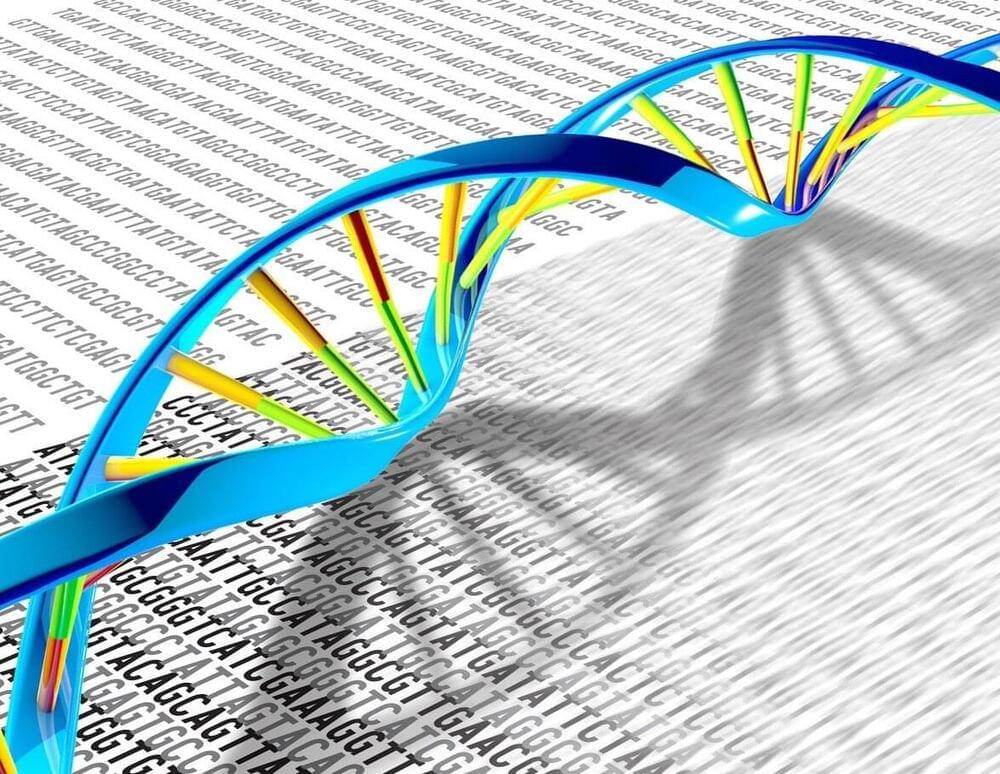A new statistical tool developed by researchers at the University of Chicago improves the ability to find genetic variants that cause disease. The tool, described in a new paper published January 26, 2024, in Nature Genetics, combines data from genome-wide association studies (GWAS) and predictions of genetic expression to limit the number of false positives and more accurately identify causal genes and variants for a disease.
GWAS is a commonly used approach to identify genes associated with a range of human traits, including most common diseases. Researchers compare genome sequences of a large group of people with a specific disease, for example, with another set of sequences from healthy individuals. The differences identified in the disease group could point to genetic variants that increase risk for that disease and warrant further study.
Most human diseases are not caused by a single genetic variation, however. Instead, they are the result of a complex interaction of multiple genes, environmental factors, and host of other variables. As a result, GWAS often identifies many variants across many regions in the genome that are associated with a disease.
